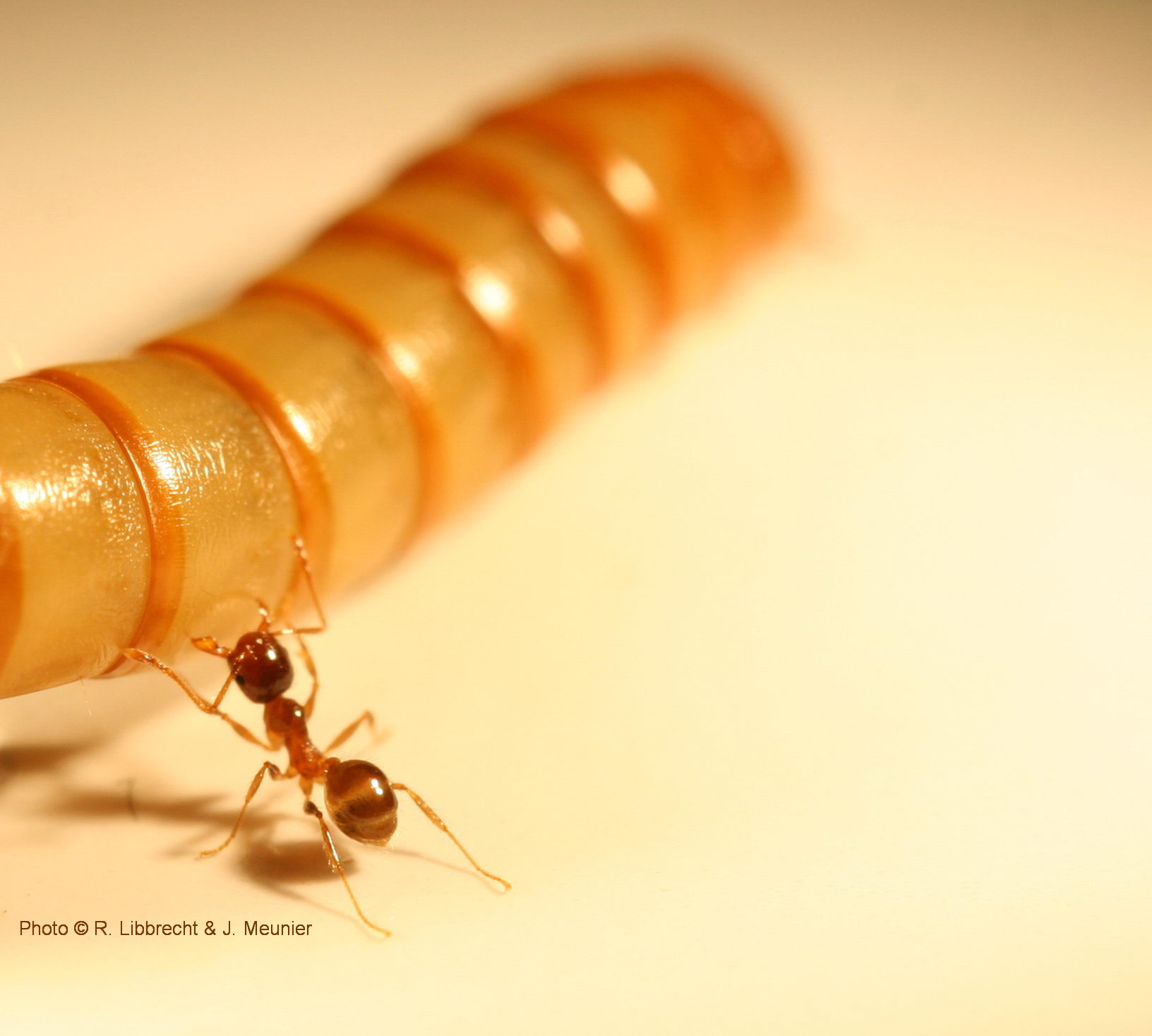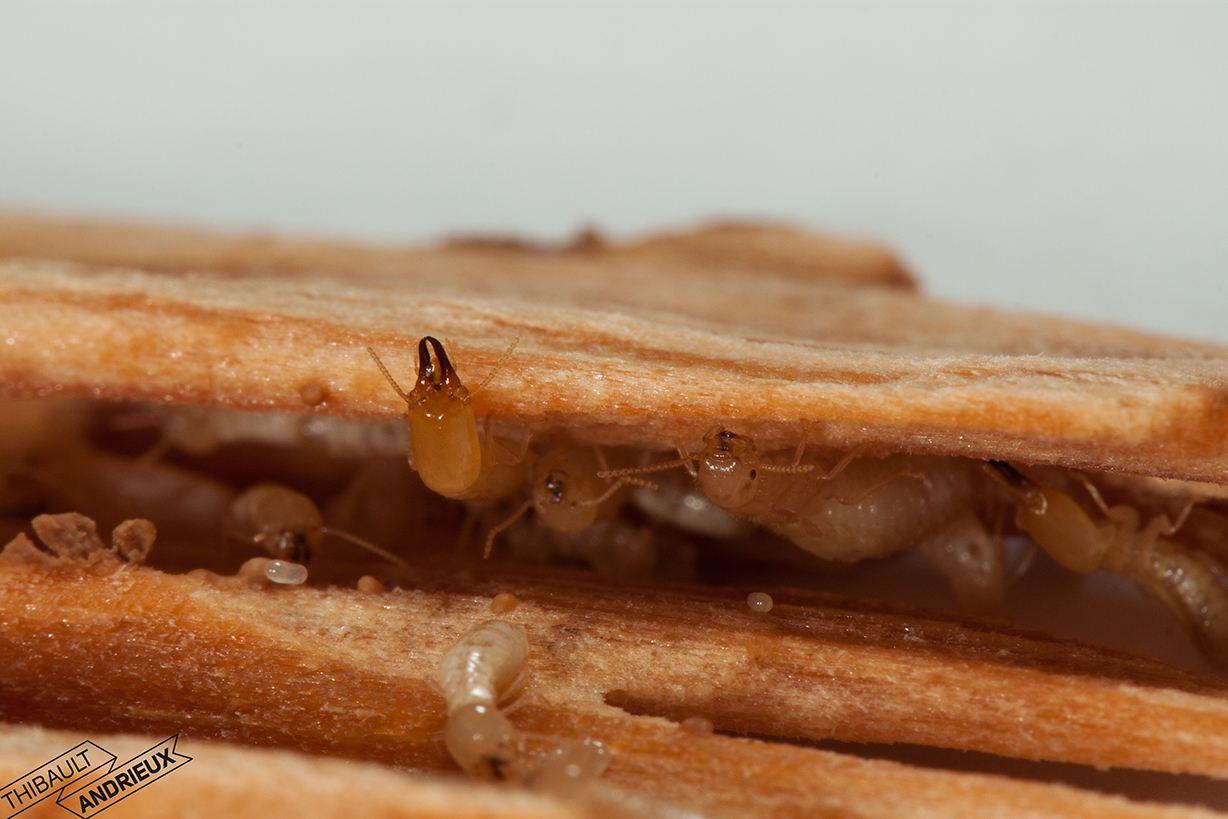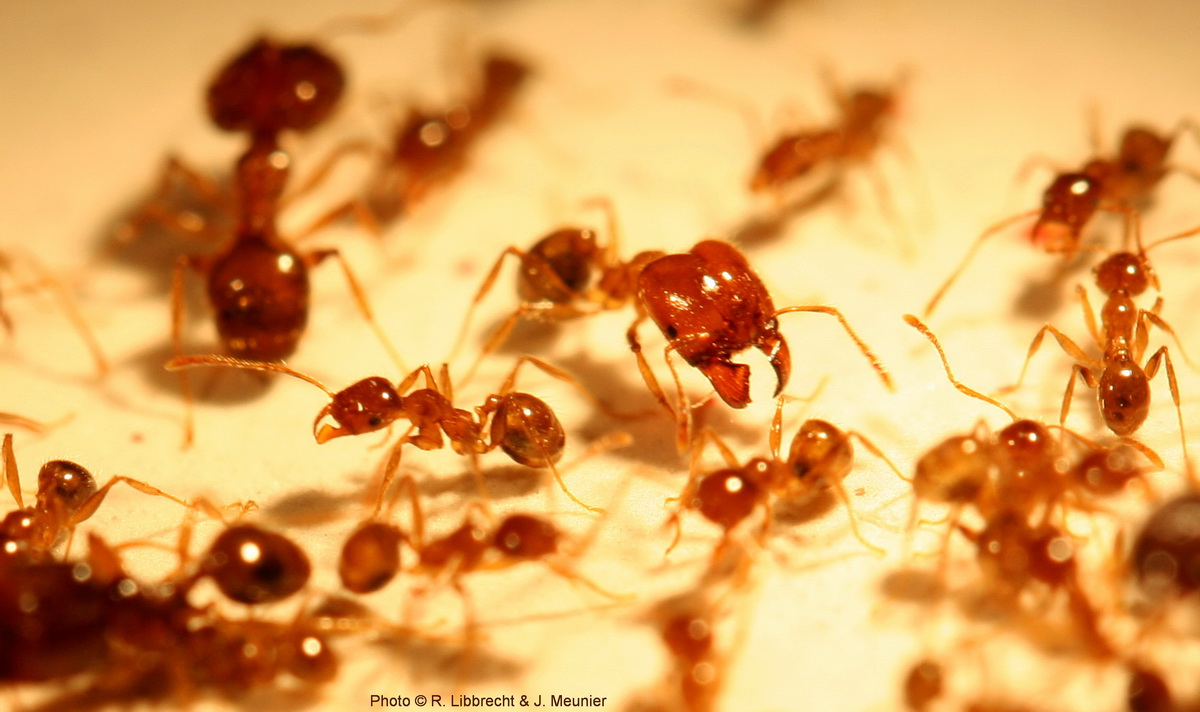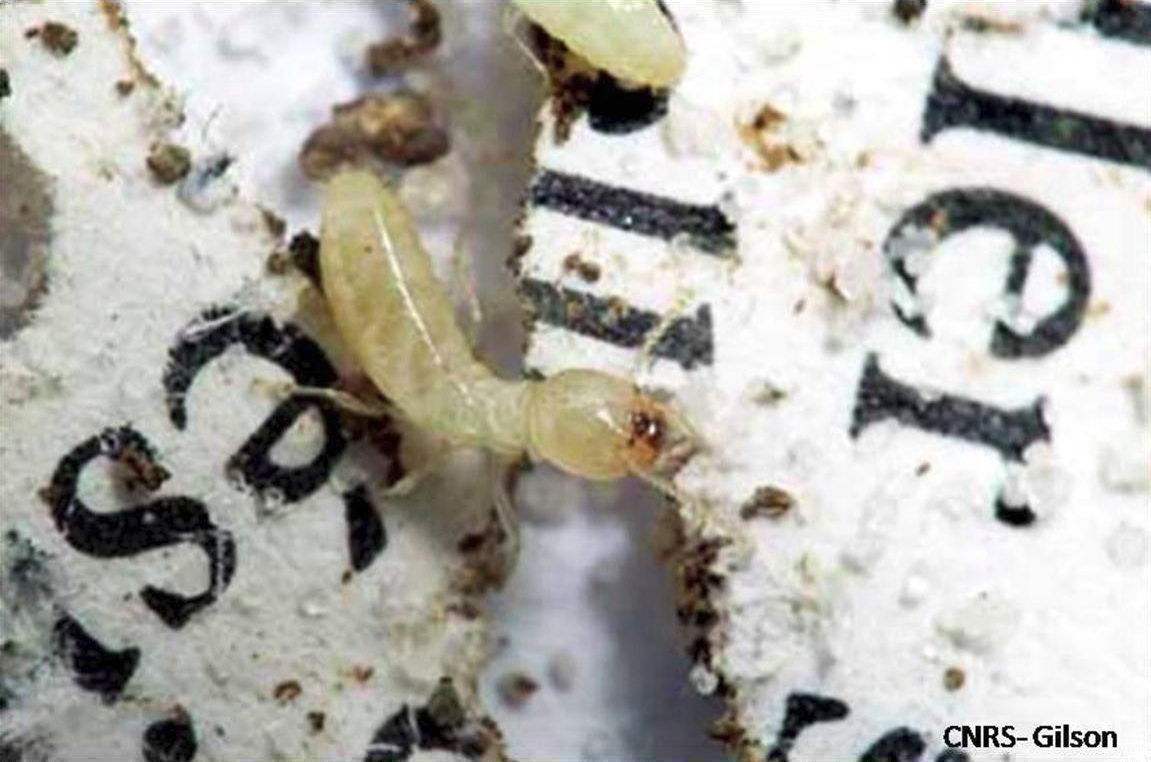
Christophe Lucas
-
christophe-lucas
-
 0000-0003-2839-7583
0000-0003-2839-7583
-
 074784331
074784331
- ResearcherID : A-4186-2011
Présentation
Academic
Oct. 2010- CNRS Research Scientist (section 29)
University of Tours, France
2010 FNS Senio researcher
University of Lausanne, Suisse
Behavioral genetics in the ant Solenopsis invicta
2007-09 First assistant
University of Lausanne, Suisse (Supervisor: Laurent Keller)
Social structure and genetic expression in the ant Solenopsis invicta
2003-06 Post-doctoral researcher
University of Toronto, Canada (Supervisor: Marla B. Sokolowski)
Molecular mecanisms of the plasticity of social behaviors in the ant Pheidole pallidula
1998-2002 Doctorat ès sciences
University of Paris-Sud (Directors: Jean-Marc Jallon & Dominique Fresneau)
Chemical and behavioral bases of the recognition system in the ponerine ants (Pachycondyla)
Research keywords
Research fields: Chemical ecology, behavioral ecology, behavioral genetics, adaptation
Keywords: Chemical communication, genetic expression, behavior, polyethism, polyphenism, foraging gene, social conflict, reproduction, insect societies, invasive species.
Biological models: Social insects (termite, ant, wasp), earwig, drosophila, nasonia.
Research projects
My main research projects are to understand complex behaviors of insects and particularly of social insects. How environmental factors are pursued, analyzed and which behavioral responses are influenced? But also, how intra- and interspecific interactions could modify behaviors by changing gene expression? By using tools from chemical ecology and behavioral genetics, my own researches focus on social interactions and their adaptive impacts. So, my studies are based on insect behaviors (recognition, aggressiveness, foraging, parental care, sexual courtship) through the study of chemical communications and gene expression.
Behaviors and genes expression are under several abiotic and biotic environmental factors which also include social environment. Chemical communication plays an important role in inter-individual interaction in insects and codifies part of the environmental and social information. To unravel communication mechanisms of insects and their evolutions, it is of primary importance to decrypt such chemical information. In more details, I explore questions on behavioral plasticity of insects and in particular in social insects: What are the chemical signals and the genes involved? How environmental factors play a role? What are the consequences of the different reproductives/castes on social organization in insect societies? How such systems are maintained and evolved?
In social insects, the caste system allow the main factor influencing behavioral plasticity is the caste system which is linked to social organization and raised several questions
Species studied
To answers such questions, I study several insect models like termites, ants, earwigs, wasps (solitary and social) and drosophila. They all presents specificity and possess different advantages for my researches. Social insects like termites and ants are organized in complex societies with several social interactions. Nevertheless, eusociality (true sociality) appeared independently in Isopteran (termites) and Hymenopteran (ants, bees and wasps) which gives to termites unique specificities. Concerning drosophila, it is the most studied insect model and its genome is known since a long time, which allow to dissect in details the genetic pathways of its communication system.
Main methods
- Chemical analyze and identification: gas chromatography (GC), mass spectrometry (GC-MS/GC-TQ), thin layer chromatography (TLC), liquid chromatography (HPLC), chemical extraction (SPME, SBSE, SHS, DHS, DMDS)
- Genetic expression: quantitative RT-PCR, in situ, RNA interference
- Experimental behavior: video-tracking, cross-linked reproduction, cross-fostering
Liens
Union Internationale pour l'Etude des Insectes Sociaux - Section Française
GDR d'écologie chimique
Canadian TV news on "foraging behaviour of Pheidole pallidula"
Publications
Publications
Update on the distribution of termites and other wood-boring insects in EuropeInternational Research Group on Wood Protection, Jun 2020, Bled, Slovenia. pp.IRG/WP 20-10960
Communication dans un congrès
hal-02798137
v1
|
Les Omiques en écologie chimiqueISTE. Ecologie Chimique, , 2017, 978-1-78405-186-0
Chapitre d'ouvrage
hal-02266567
v1
|
|
Omics in Chemical EcologyChemical Ecology, John Wiley & Sons, Inc., pp.117-137, 2016, 978-1-84821-924-3
Chapitre d'ouvrage
hal-02266566
v1
|
|
Odeurs en sociétésEcologie Chimique - Le Langage de la Nature, , 2012, 978-2-7491-2772-9
Chapitre d'ouvrage
hal-02266573
v1
|
Les Cahiers Prospectives - Prospective Ecologie Chimique[Rapport de recherche] INEE-CNRS. 2012, pp.16-23
Rapport
(rapport de recherche)
hal-02266576
v1
|
|
|
Communication chez les insectes : signaux, adaptation, spécialisationSciences du Vivant [q-bio]. Université de Tours / Région Centre, CR pays de la Loire, 2019
HDR
tel-02383504
v1
|



